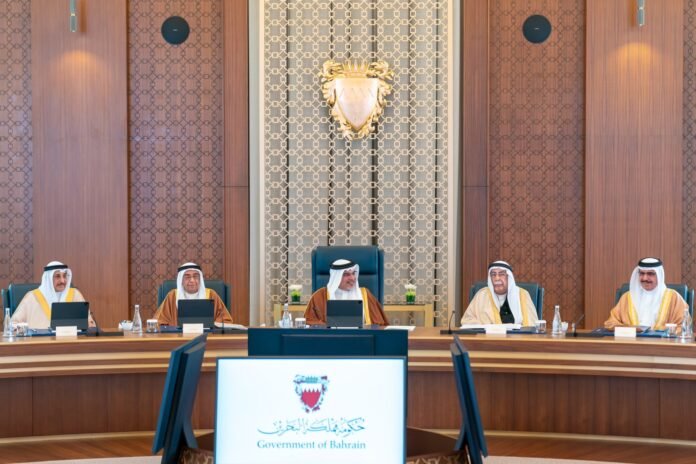Bahrain celebrated judicial performance development as the Judicial Inspection Directorate implemented over 80 specialized training programs this year. These initiatives highlight the nation’s commitment to improving skills, efficiency, and overall justice system quality.
Furthermore, more than 450 participants, including members of the Public Prosecution and judicial officers from various agencies, joined these programs. The training focused on technical, professional, and personal skill growth. Through these programs, Bahrain aims to strengthen its justice system while promoting institutional excellence.
The programs varied widely, including advanced courses in cooperation with the Institute of Judicial and Legal Studies. These courses addressed legal topics and modern litigation methods. In addition, the Ministry of Interior collaborated to enhance judicial officers’ and ministry employees’ performance in key areas. Moreover, joint courses with other ministries and public and private institutions focused on boosting efficiency and improving coordination across entities.
Internal courses for Public Prosecution members offered practical training led by experts in legal and technical fields. Additionally, external programs, both in-person and online, introduced participants to global best practices in investigation, case management, and modern judicial technologies. These efforts support ongoing judicial performance development and ensure Bahrain stays aligned with international standards.
The annual training plan combines ongoing programs with initiatives coordinated with official bodies. The Judicial Inspection identifies professional needs and partners with the Institute of Judicial and Legal Studies to select qualified lecturers. Furthermore, evaluation mechanisms for participants and lecturers measure learning outcomes and help improve future programs. Special attention is given to electronic investigation, cybercrime, artificial intelligence, and emerging crime trends.
Moreover, judicial performance development reflects Bahrain’s dedication to legal and administrative progress. By investing in advanced training, the Judicial Inspection Directorate enhances the capabilities of its staff and improves the overall efficiency of judicial operations. Participants gain knowledge, practical skills, and awareness of modern judicial trends, ensuring a competent and forward-looking workforce.
In conclusion, Bahrain’s extensive training programs underscore its commitment to judicial performance development. Through innovation, collaboration, and continuous learning, the nation strengthens its justice system and equips judicial professionals to meet evolving challenges.


